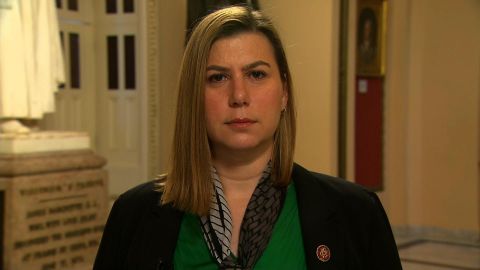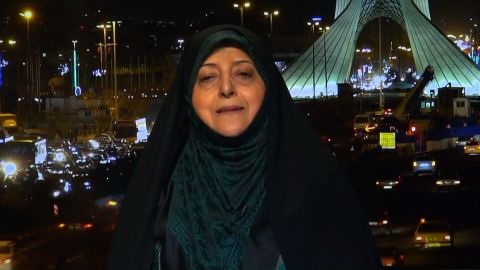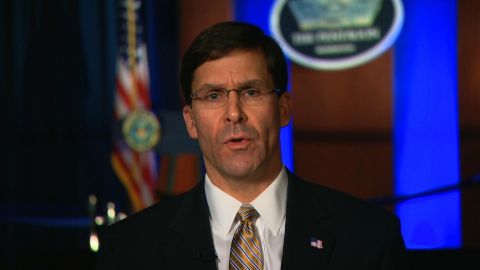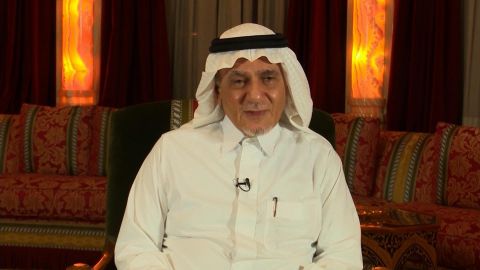Read Transcript EXPAND
CHRISTIANE AMANPOUR: Well, it’s a very, very tense situation, especially for your region and your nation. A very senior Saudi defense official has been to the White House, to the Pentagon, to try to talk to the U.S. about this escalating crisis. Have you heard anything back, and do you believe…
PRINCE TURKI AL-FAISAL, FORMER SAUDI AMBASSADOR TO THE UNITED STATES: Yes.
(CROSSTALK)
AMANPOUR: Do you believe that Saudi Arabia can get this de-escalated?
AL-FAISAL: Well, I hope so. I’m not in the government loop, of course. But the king has been in touch with the president of Iraq. And Prince Mohammed has been in touch with the prime minister of Iraq, calling for a de-escalation. The kingdom does not want more conflict in the area, as has been shown consistently in the past few years. And if I can just remind you, that when Iran attacked the Aramco oil field, the kingdom kept its cool and did not respond in kind. So we are not looking for war. We want to de-escalate, and we want people to be in a peaceful mode.
AMANPOUR: Do you believe that you will have any success with that message, given the fact that we all know that you tried to have the same influence on President George W. Bush before they launched the war in Iraq in 2003? I was in Riyadh. I covered yours and the kingdom’s efforts to de-escalate before that war.
AL-FAISAL: I really can’t say. I wish I had a crystal ball to tell you what the future will hold. But I think the kingdom’s word is heard, not only in the White House, but throughout the area as well.
AMANPOUR: Do you think that it will come to war? Do you think, either accidentally or by a cycle of tit-for-tat escalation, that it could tip over into the worst-case scenario?
AL-FAISAL: I hope not. I think, if the Iranians keep their cool and not — you know, not be bombastic and increase the tension and so on, that maybe, maybe we can get over the situation. But it’s a long-running thing. Let me just remind you, Ms. Amanpour, since the start of the Iranian Revolution, Iran has been the provocative entity in the area, with the — remember the hijacking of the embassy in Tehran and other activities, culminating in the bombing of the Aramco oil fields in Saudi Arabia. So it is — they have to show a bit of wisdom and reticence to adhere to the bombastic attitudes that they have taken over the years.
About This Episode EXPAND
As allies of the U.S. call for both America and Iran to de-escalate the crisis over the killing of Qasem Soleimani, Christiane Amanpour discusses this highly fraught geopolitical moment with Mark Esper, Massoumeh Ebtekar, Elissa Slotkin and Turki Al-Faisal.
LEARN MORE



